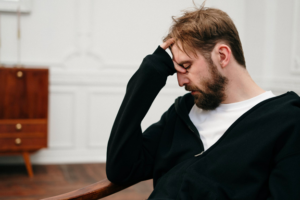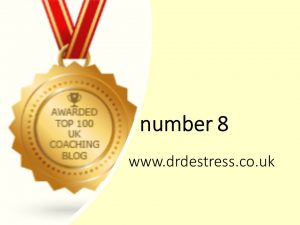
1. Employ Breathing Exercises and Meditation
Breathing, mindfulness and meditation can be helpful for those who feel disconnected or out of touch with their bodies. You may notice that when you’re angry, your chest feels tight or you have trouble taking a deep breath. The more you practice these exercises or meditation, you may notice a slower startle reflex and a tendency to think before your body automatically starts panicking. For a better experience with guided meditations and relaxation at home, ensure your surroundings have been decluttered and organized, which can help reduce anxiety and stress.
2. Try Massage and Reflexology
Massage can increase the parasympathetic nervous system response, which aids your body in calming down during intense periods of stress. Many people around the world use reflexology, a specific massage technique that applies pressure to different areas of the foot, to successfully decrease stress that may lead to anxiety attacks.
3. Choose Calming Exercise
Running marathons, lifting heavy weights and doing any exercise that involves an element of competition — or pushing your body to its limits — can make you feel powerful, but it might not be helpful for your anxiety. Some experts think that long periods of intense exercise can raise the likelihood of panic attacks.
4. Quit Stimulating Substances
It’s no secret that caffeine, which is found in coffee and many types of tea, can raise your heart rate, blood pressure and anxiety level. Some people paradoxically claim that it calms them. If you’re not one of those lucky few, steer clear of caffeine, alcohol and nicotine and focus on developing a healthy diet.
5. Understand Your Triggers
Perhaps you’re not usually an anxious person, but certain triggers dramatically increase your fight or flight response. If flying on an airplane, being around crowds or dating a new person makes you especially nervous, work on this trigger by yourself or with a trusted therapist.
6. Take a Look at Your Work-Life Balance
Career stress and burnout are real. If your anxiety attacks stem from your lack of downtime or job dissatisfaction, take a good look at your work life and consider whether it’s serving your needs. Try taking some time off, reorganizing your priorities or looking for a job that you enjoy.
7. Use Counselling to Better Understand Anxiety
Seeking counselling is difficult, but it’s one of the best (and most studied) ways to reduce anxiety. Mariette Jansen can help you understand yourself better and work on your triggers to lower your chance of anxiety attacks.
Anxiety affects everyone at certain points, but if you’re concerned that yours has gotten out of control, don’t worry; there are many things you can do to manage it. Choose a healthy diet and exercise that makes you feel better, and when in doubt, don’t be afraid to speak to someone about your anxiety attacks.
To receive a weekly tip from coaching couch, click here.

